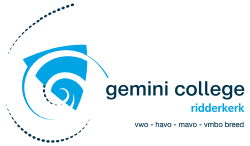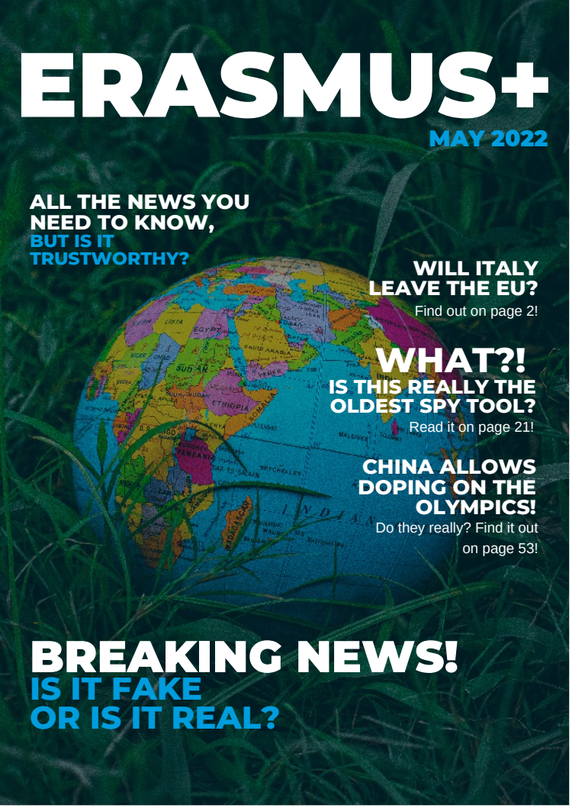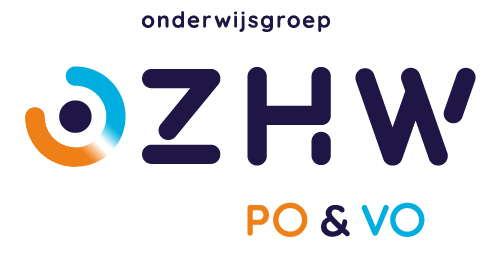Het Gemini College
Erasmus+
Al vele jaren bieden wij leerlingen de kans om deel te nemen aan een uitwisselingsproject in Europa. Deze projecten worden deels gesubsidieerd door het Europees Platform. De landen waar wij op het moment mee samenwerken zijn Finland, Italië, Duitsland, Oostenrijk en Spanje. De deelnemende leerlingen komen uit de klassen 3vwo, 4havo en 5vwo. De leerlingen gaan (onder begeleiding) gedurende een week naar één van de landen en de persoon waarmee wordt uitgewisseld komt een andere week naar Nederland. De keuze voor het land komt voort uit het aantal deelnemende leerlingen en is geen vrije keuze van de leerling. Overdag zijn we tijdens een uitwisselingsweek met de hele groep bij elkaar en volgen we een door de leerlingen georganiseerd programma. We bezoeken een mooie stad of plaats in de omgeving, dagen elkaar uit op een sportdag(deel) en er moet gewerkt worden tijdens de workshops om de subsidie te waarborgen. Tijdens de avonduren wordt er veelal in groepen iets ondernomen door de leerlingen zelf.
Eerste indruk
Om een indruk te geven van de opbrengst, volgt onder deze tekst de samenvatting en het resultaat van de workshops van ons in 2022 afgesloten project. Het project draagt de titel: “Be You, Be EU”. In dit project hebben we gedurende 3 jaar de leerlingen geleerd over het herkennen van fake/real news en ze dit ook laten schrijven. Het resultaat is een prachtig magazine, wat is gecreëerd door drie verschillende groepen leerlingen in 4 verschillende landen!
Gedurende corona-tijd hebben we ook de ervaring opgedaan om digitaal uit te wisselen. Dit bleek (zeker in de tijd dat helemaal niets mogelijk was) een mooi alternatief. Reizen blijft natuurlijk onze eerste keuze en gelukkig is dat afgelopen schooljaar weer gelukt!
Hieronder vindt u (vanzelfsprekend in de voertaal van het project) een samenvatting van het project en het magazine zelf.
Veel leesplezier!
Het Gemini College
Erasmus+
Project Summary “Be You, Be EU”
Lately we have experienced a rise of anti-European thoughts/powers all over Europe. The UK decided on leaving the EU and the problems of dealing with refugees lead to a separation among the EU-states rather than to more cooperation or solidarity. Developments in social media and in the use of the internet make it difficult to distinguish between facts and “alternative facts” or “fake news”. Why do the ideas of parties that see their own country “first” seem to appeal more to young people than the idea of a united Europe? Or is it the problem that youngsters cannot make themselves heard? Our students are the “European future” and because of that they have to understand that a united Europe is crucial for their well-being, their development and a peaceful life. Working in this project in international groups will ensure a mutual understanding of differences and similarities. They will learn that they are facing the same problems and obstacles. By observing every country’s solving strategies they will have the proper tools to find a more efficient European way to tackle today’s challenges. In a digitalized world the student as an individual is challenged to decipher and decode every day’s news. In order to do this it is necessary to equip him/her with the right techniques to understand information correctly. They must be aware of the strategies used by its sources to distinguish between “hard facts” and “fake news”. At the same time it is most important to understand that a development of personality and opinion is only sensible by confronting one’s own opinion and attitude with those of others and different cultural backgrounds. This peer evaluation and feedback is why we want students to work together in international groups and different international surroundings.
An impression
The Erasmus+ team in each school will select the most suitable candidates from the age group 15-18 years-old. To achieve our goals we are planning a project in which the students learn to decode “fake news”, work as a European network, learn to apply 21st century skills (e.g. media literacy) and raise their awareness of being a part of the European community. We want to bring them together to dispute “alternative facts” and produce a European online magazine in which they write articles, essays, blogs, etc. and describe how they revealed and exposed the truth behind “fake news”. The expected content of the written products should show how Europe could be if our shared European beliefs and values were disregarded and neglected. The content will tackle topics from different areas like e.g. “economy”, “politics”, “religion”, “art”, “music”, etc. in every single year of the project the students will deal with different topics in order to achieve a wide range of results. The activities will be organized in the following way: Each exchange week has workshops, in which we have different activities leading up to our end product. They include teaching and dissemination activities. Details can be found in the Learning, Teaching, Training section. Students will develop their knowledge by dealing with information from different sources (e.g. articles, blogs, comments) They will learn which different views on Europe exist. Students and teachers will improve their English skills, develop social skills and capacity for teamwork by working in international groups. Furthermore, students will increase their abilities in self-evaluation and peer evaluation. By researching for and producing the online-magazine they will improve their abilities to decipher information (“fake news”). Lastly, by coping with different sources of information students and teachers will form out a nuanced and self-conscious attitude towards the European future and its challenges.


